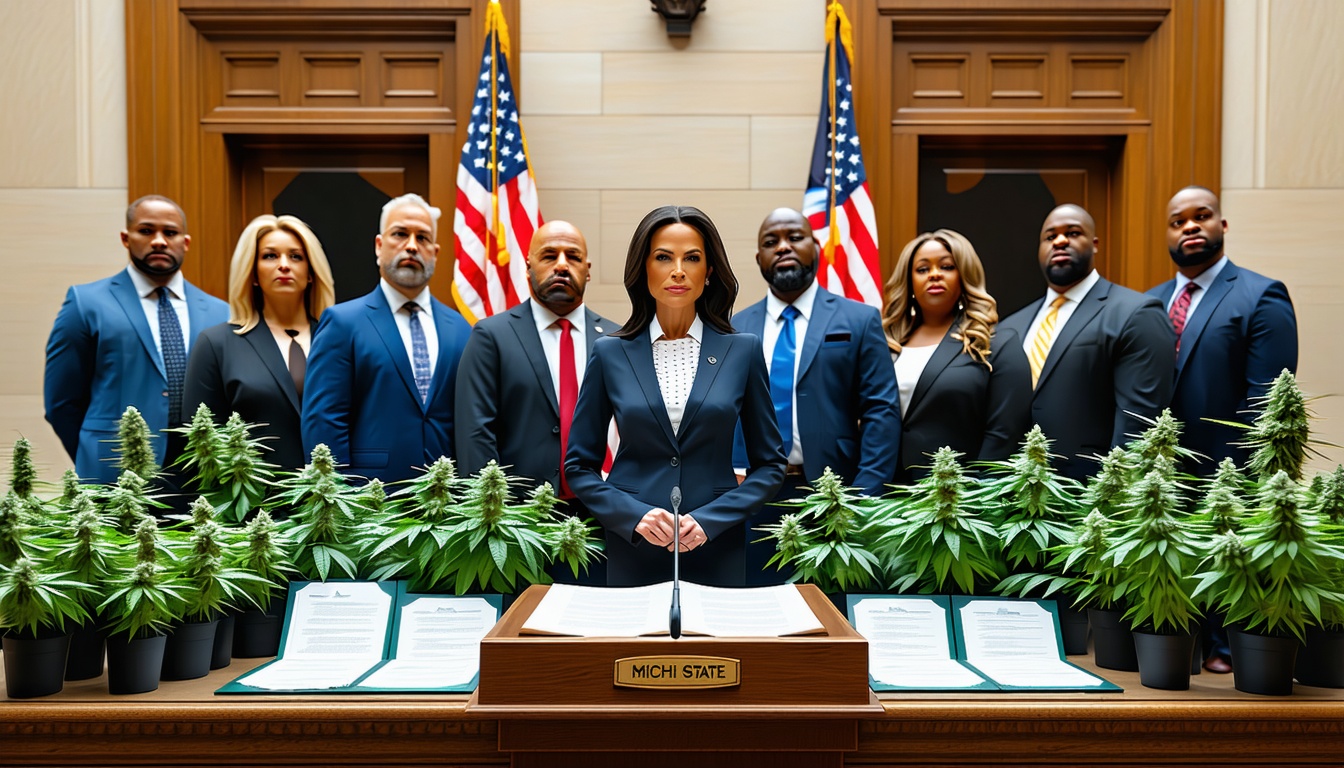Texas Takes Step Towards Expanding Medical Marijuana Program
The Texas Health and Human Services Commission (HHSC) has published proposed rules for expanding the state’s medical marijuana program, allowing doctors to recommend new qualifying conditions and creating standards for inhalation devices. The rules are now open for public comment and must be finalized by October 1, 2025.
The proposed rules would allow physicians to submit requests to add new medical cannabis qualifying conditions to the list, which would then be reviewed by the Department of State Health Services (DSHS) and forwarded to the Department of Public Safety (DPS) for consideration. The DPS would then submit the request to lawmakers for consideration in the next legislative session.
The rules also define a pulmonary inhalation medical device, such as an aerosol or vaporizer, that a physician may prescribe to a qualified patient. The proposal establishes a timeline for reviewing and approving such devices.
The state estimates that the public may benefit from the use of pulmonary inhalation devices for low-THC cannabis treatment through the Texas Compassionate Use Program. Additionally, the state expects no economic costs to persons who are required to comply with the proposed rules for the first five years.
The expansion of the medical marijuana program was enacted by lawmakers and the governor earlier this year, which also included increasing the number of licensed medical marijuana dispensaries in Texas. The Department of Public Safety (DPS) has separately posted rules to increase the number of licensed dispensaries, with 12 new licenses to be awarded across the state.
The DPS will prioritize Texas’s public health regions to optimize access to medical marijuana. The first round of licenses will be awarded to nine applicants who submitted their forms during an earlier application window in 2023, with the remaining applicants to be awarded licenses in a second round.
The proposed rules are part of the state’s efforts to expand its medical marijuana program, which currently includes chronic pain, traumatic brain injury, Crohn’s disease, and other inflammatory bowel diseases, as well as allowing end-of-life patients in palliative or hospice care to use marijuana.
In related news, Texas Governor Greg Abbott has signaled that he will take action to regulate hemp products containing THC, despite the legislature’s failure to address the issue this year. The governor has not specified what type of action he plans to take, but has called for a regulatory model focused on age limits and public health.












